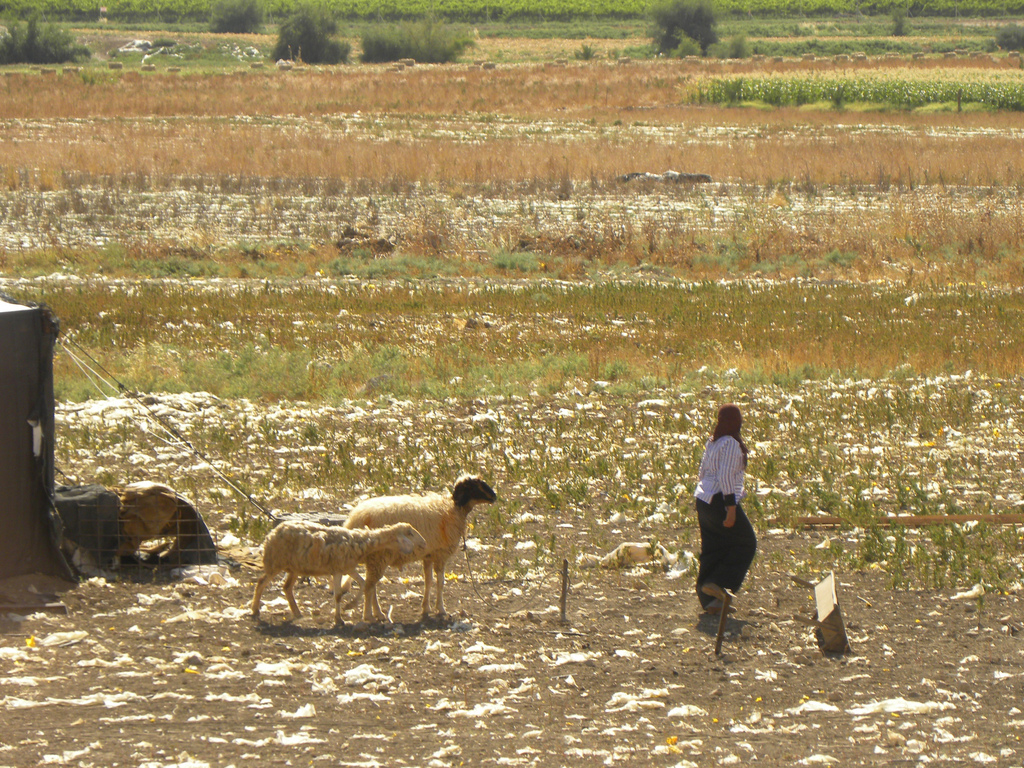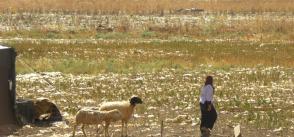
Helping women realize full potential in farming and science
Agriculture is an engine of growth for rural communities, particularly in the developing world. It has also proven to be an especially viable tool for women to lift themselves out of poverty. Women in developing countries rely heavily on the income they earn from agriculture-related activities to provide for their families and as a source of increased autonomy. In least developed countries, 79 percent of economically active women report that agriculture is the primary source of their incomes and agriculture is the single most important source of employment for women in Africa and South Asia.
In addition to providing women with an income stream, agriculture is an essential component of rural food security. While, clearly, women do engage in paid work - so much so that they make up an estimated 43 percent of the agriculture-based workforce in some countries - much of their duties are unpaid. These responsibilities cover a broad range of household and farm tasks including crop production, food preparation, tending to livestock, collecting water, caring for children, and managing the home. These duties often prevent women from fully embracing new agriculture techniques which may be time- or labor-intensive. Women are also more likely to take part in unpaid, seasonal, and part-time work, and they are often paid less for their work compared to men.
[Full article here | Photo by Ian Scott]







